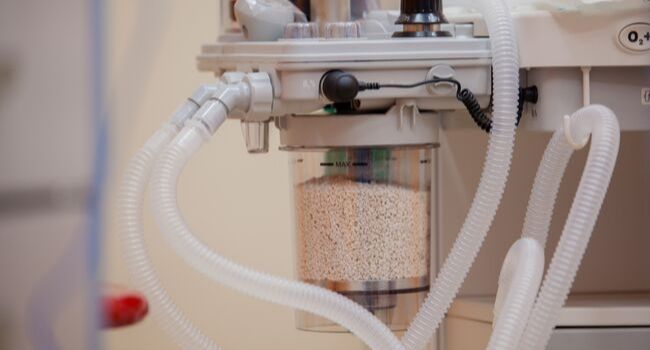
FDA Warns Medical Device Manufacturers of “Urgent” Cybersecurity Flaws
Security researchers found 11 significant vulnerabilities in devices that use the IPnet software, though there are no confirmed incidents involving takeovers of the devices.
- By Haley Samsel
- Oct 03, 2019
After security researchers discovered key flaws in the cybersecurity protections of medical devices, federal officials sent out an official warning about the risks to patients and health care providers on Tuesday.
The U.S. Food and Drug Administration and Department of Homeland Security released an “urgent” advisory about 11 security flaws, called “URGENT/11,” which rest within the software IPnet. The software, owned by Wind River Systems, is licensed to operating system developers who use IPnet on a wide variety of medical devices.
While IPnet may not be supported with security updates by the original vendor, some manufacturers have a license that allows them to use it without support, according to the FDA. That has allowed the software to be incorporated into equipment and other systems that are used in medical and industrial devices today.
“These vulnerabilities may allow anyone to remotely take control of the medical device and change its function, cause denial of service, or cause information leaks or logical flaws, which may prevent device function,” the FDA said in the advisory.
The agency said it is not aware of any confirmed incidents involving the vulnerabilities, but that there is already publicly available software that allows hackers to take advantage of them.
Some versions of the following operating systems may be affected by the issues: VxWorks, Operating System Embedded, INTEGRITY, ThreadX, ITRON and ZebOS. The vulnerable IPnet software component may not be included in all versions of those systems, the FDA said.
In response to the vulnerabilities, some medical device manufacturers are taking action to determine which devices are affected and how they can remediate the cybersecurity issues. Several of those manufacturers have notified customers about the devices that have been identified as insecure, which include an imaging system, an infusion pump and an anesthesia machine.
While the FDA did not name specific manufacturers or medical devices, the agency did say that it expects more to be identified in the coming months. Microsoft said that its ThreadX product no longer includes IPnet but earlier versions might have included the software.
“We’ve investigated these reports and confirmed that these vulnerabilities do not impact any ThreadX release,” a Microsoft spokeswoman said via email.
In its advisory, the FDA advised manufacturers to conduct thorough risk assessments of their products and develop a plan for updating devices.
“The FDA will continue to assess new information concerning the URGENT/11 vulnerabilities and will keep the public informed if significant new information becomes available,” the agency said.
About the Author
Haley Samsel is an Associate Content Editor for the Infrastructure Solutions Group at 1105 Media.